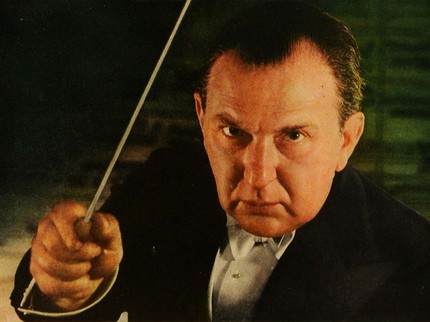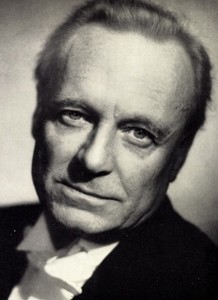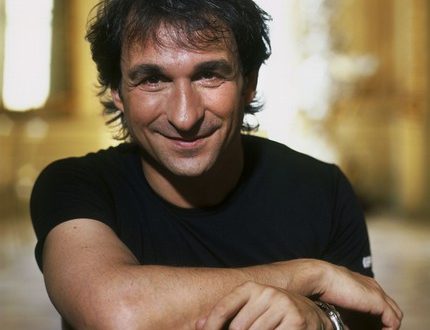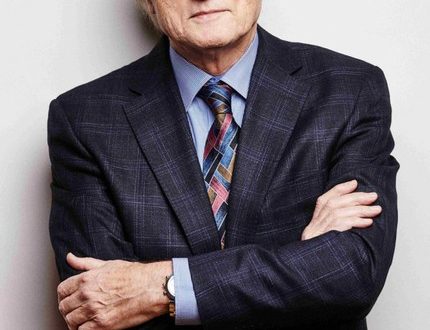
Fritz Reiner (Reiner) (Fritz Reiner) |
Fritz Reiner

“The conductor’s profession requires from the artist the most diverse qualities of a musician and a person. You must have a natural musicality, an unerring ear and an implacable sense of rhythm. You must know the nature of the various instruments and the technique of playing them. You must know languages. You must have a solid general culture and understand other arts – painting, sculpture, poetry. You must enjoy authority, and, finally, you must be so cruel to yourself that under all circumstances, exactly at the appointed hour, stand at the console, even if a hurricane has swept past or there has been a flood, a railway accident, or you just got sick with the flu.
These words belong to Fritz Reiner, one of the greatest conductors of the XNUMXth century. And all his long creative life confirms them. The qualities listed above, he himself possessed in full measure and therefore has always been an example for musicians, for his many students.
By origin and school, Reiner was a European musician. He received his professional education in his native city, Budapest, where B. Bartok was among his teachers. Reiner’s conducting activity began in 1910 in Ljubljana. Later he worked at the opera houses of Budapest and Dresden, quickly gaining public recognition. From 1922 Reiner moved to the USA; here his fame reached its zenith, here he achieved the highest artistic triumphs. From 1922 to 1931, Reiner led the Cincinnati Symphony Orchestra, from 1938 to 1948 he led the Pittsburgh Orchestra, then for five years he headed the Metropolitan Opera Theater, and, finally, for the last ten years of his life he served as chief conductor of the Chicago Orchestra, which he left a few months before death. All these years, the conductor toured extensively in America and Europe, performed in the best concert halls, in the theaters “La Scala” and “Covent Garden”. In addition, for about thirty years he taught conducting at the Philadelphia Curtis Institute, educating several generations of conductors, including L. Bernstein.
Like many artists of his generation, Reiner belonged to the German romantic school. His art was characterized by a wide scope, expression, bright contrasts, climaxes of great power, titanic pathos. But along with this, as a truly modern conductor, Reiner also had other qualities: great taste, understanding of various musical styles, a sense of form, accuracy and even scrupulousness in the transfer of the author’s text, thoroughness in finishing details. The skill of his rehearsal work with the orchestra became a legend: he was extremely laconic, the musicians understood his intentions by laconic hand movements.
All this allowed the conductor to interpret works that were completely different in character with equal success. He captured the listener in the operas of Wagner, Verdi, Bizet, and in the monumental symphonies of Beethoven, Tchaikovsky, Brahms, Mahler, and in the brilliant orchestral canvases of Ravel, Richard Strauss, and in the classical works of Mozart and Haydn. Reiner’s art has come down to us captured on many records. Among his recordings is a brilliant adaptation of the suite of waltzes from Strauss’s Der Rosenkavalier, made by the conductor himself.
L. Grigoriev, J. Platek





